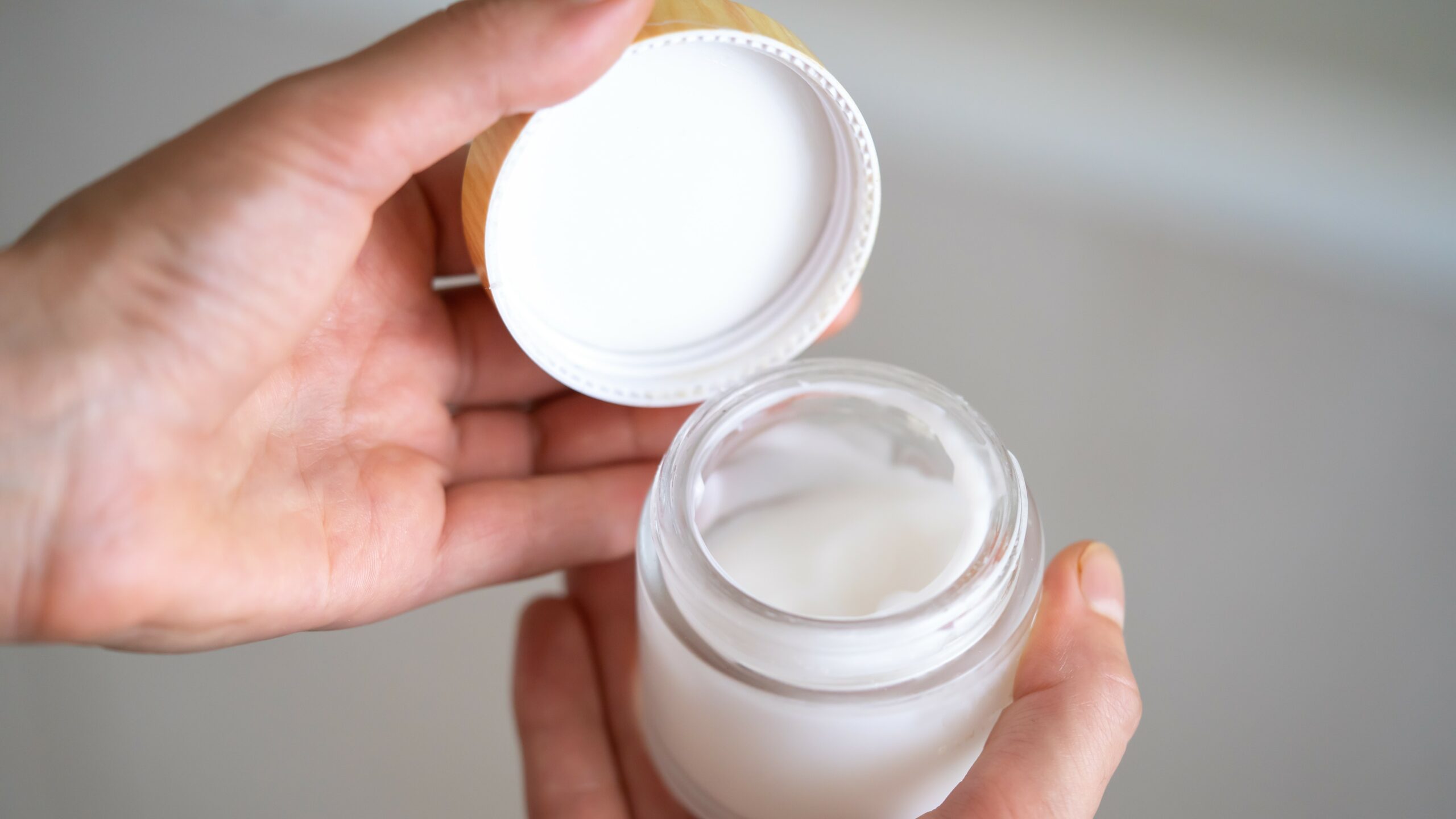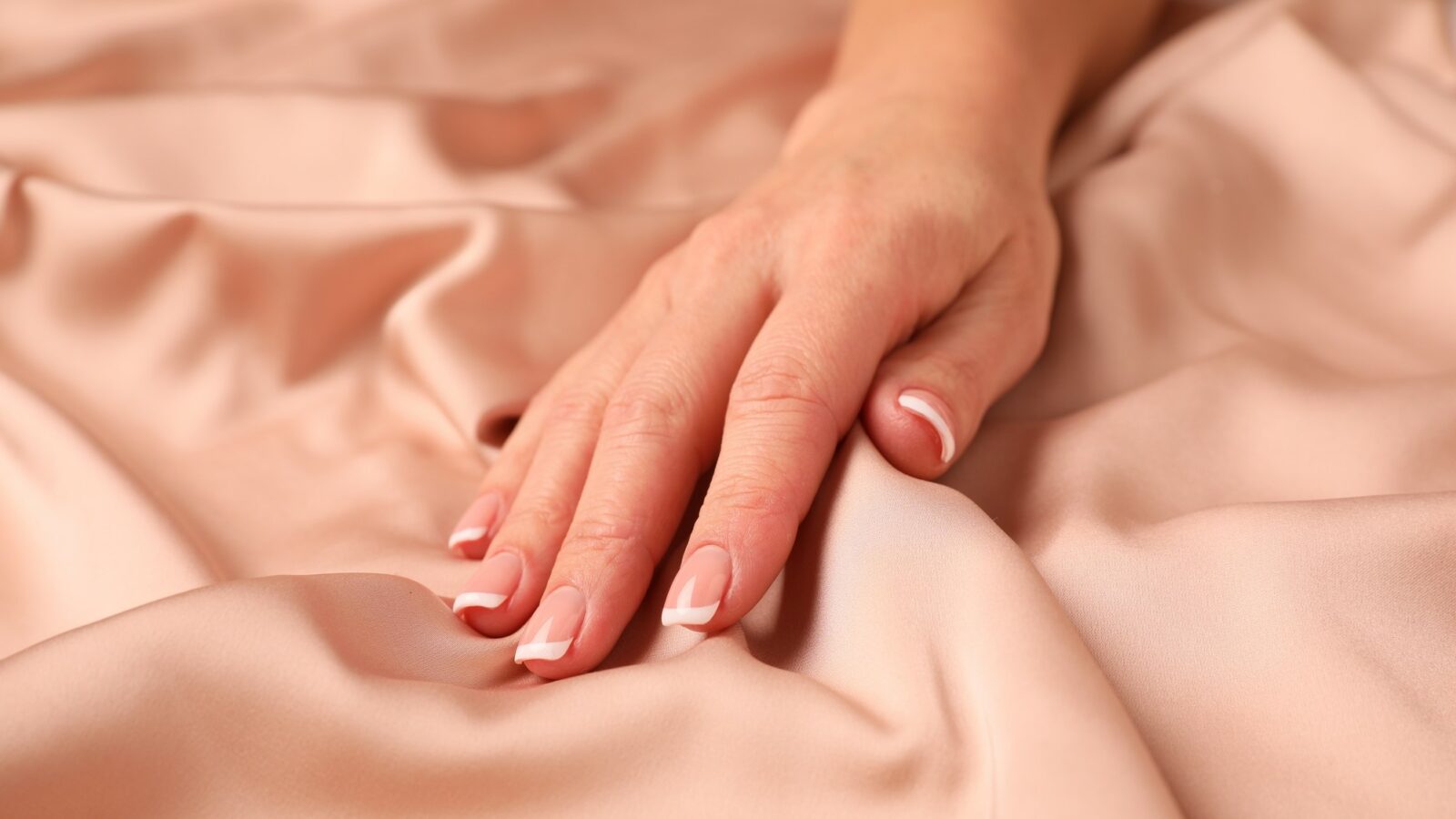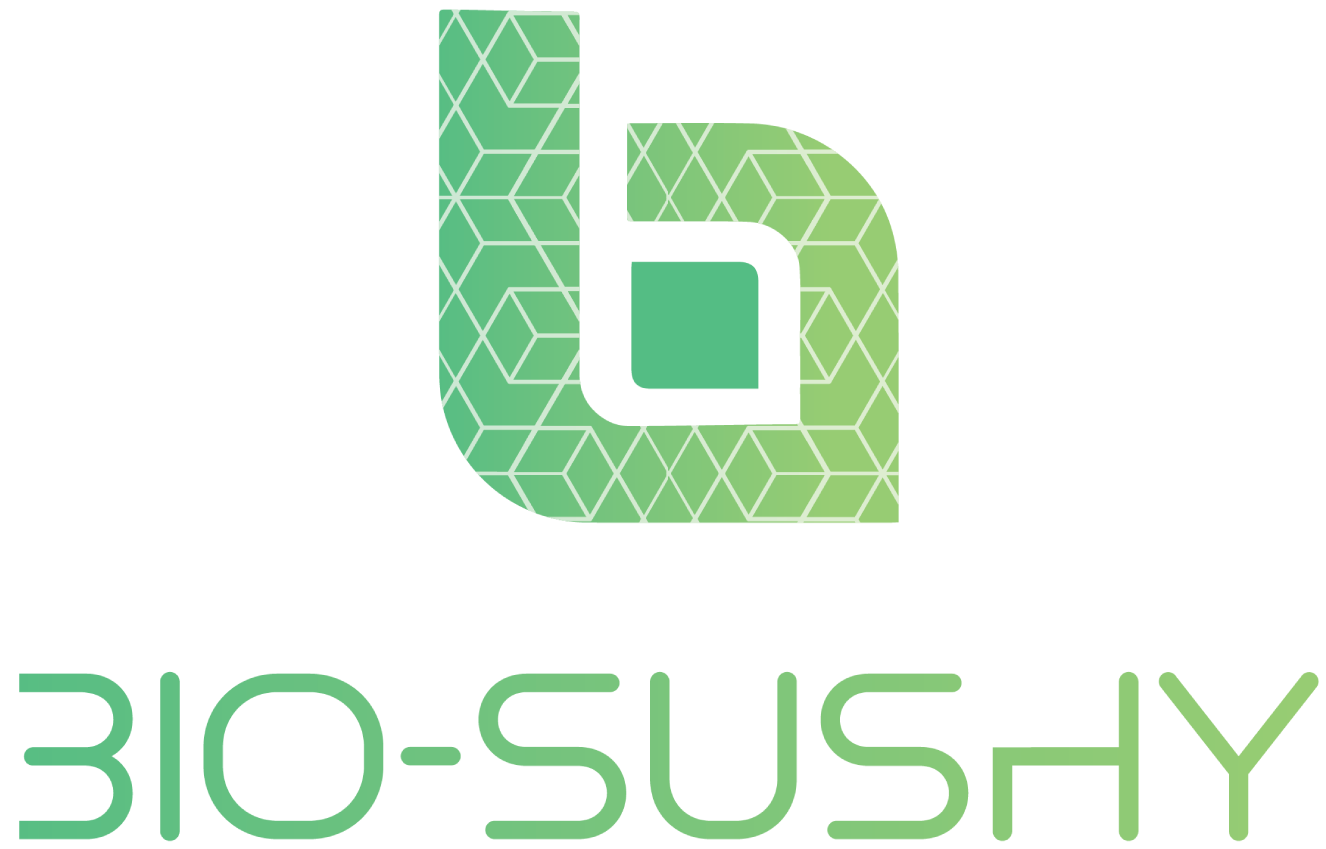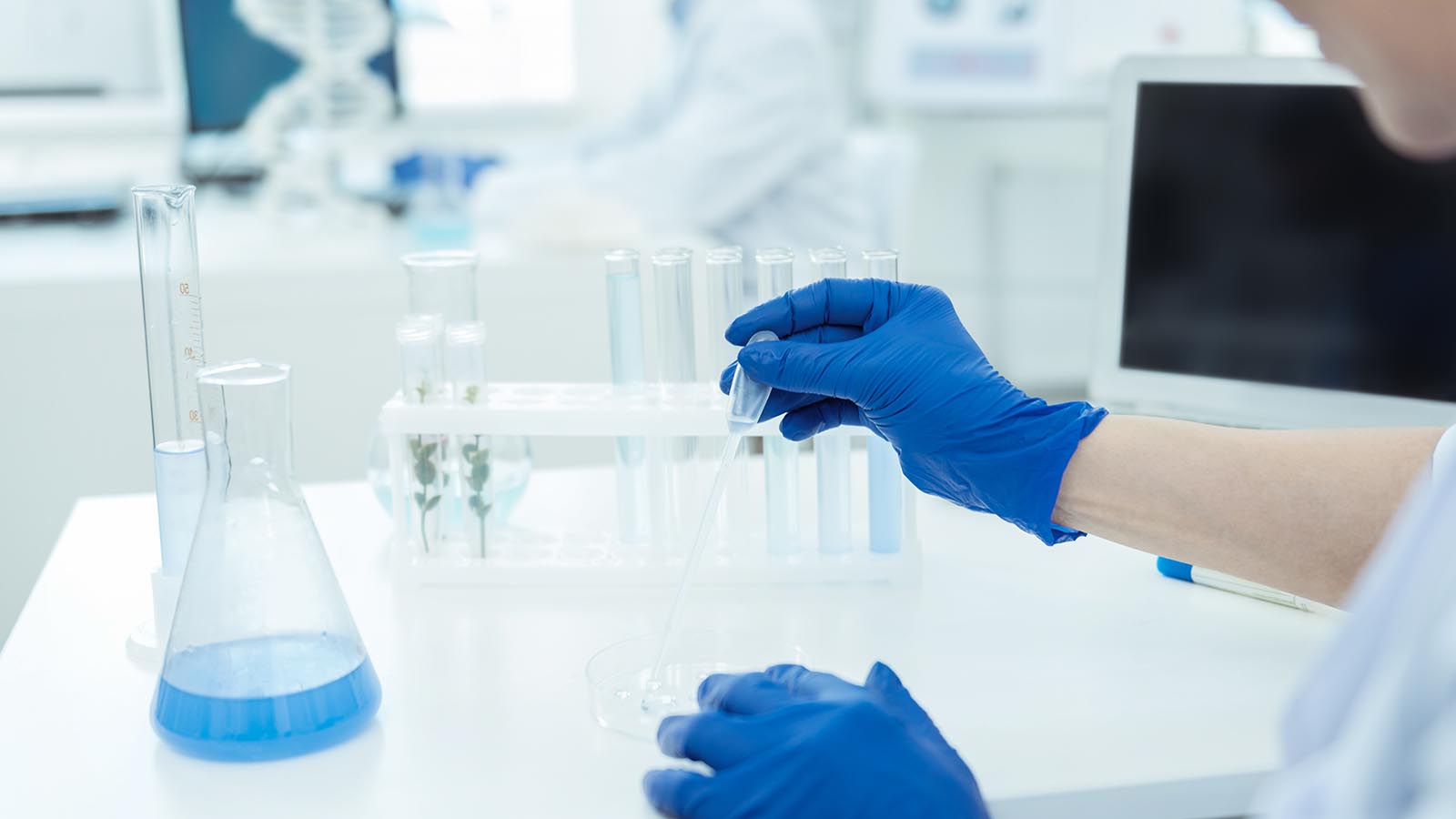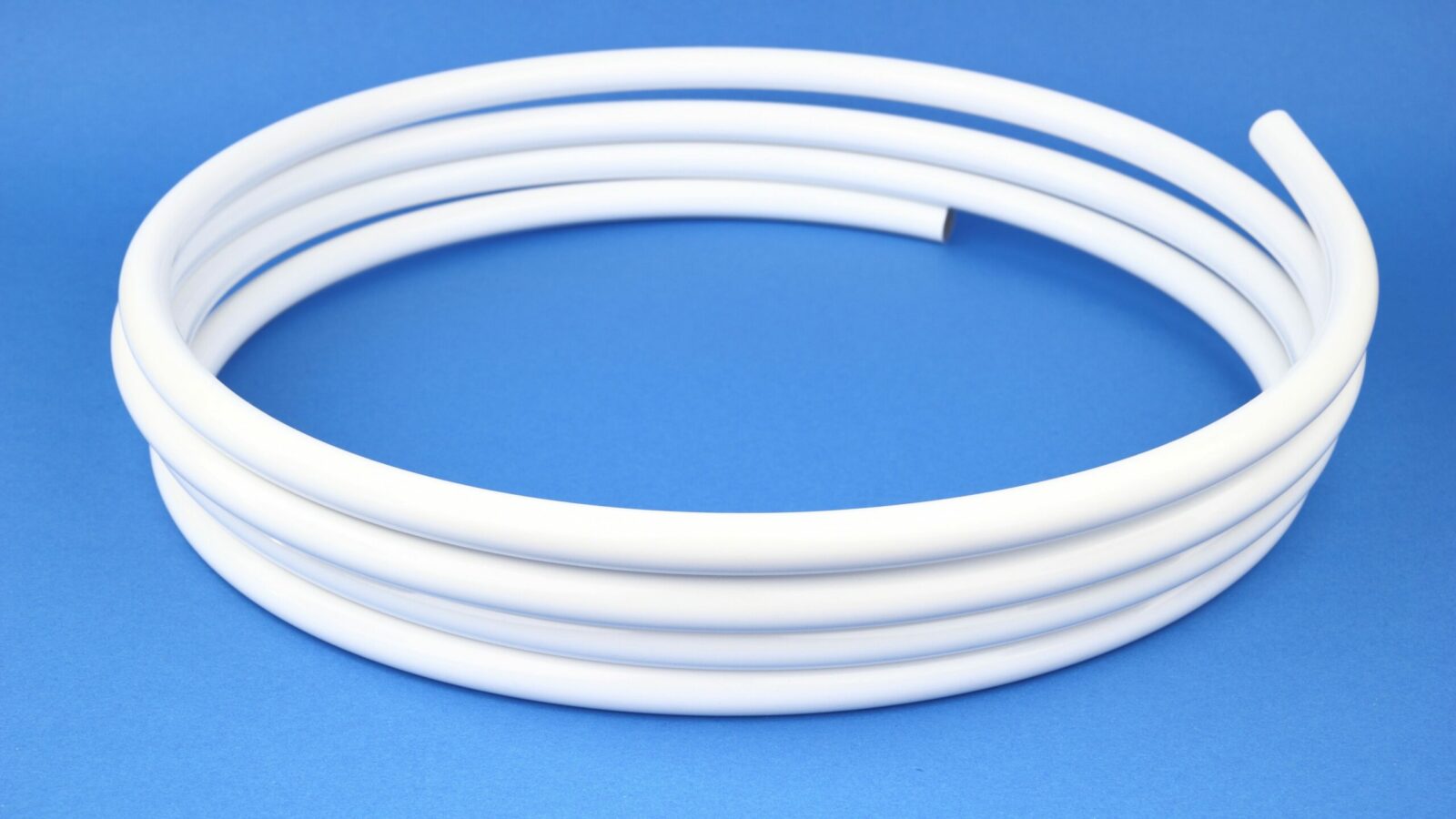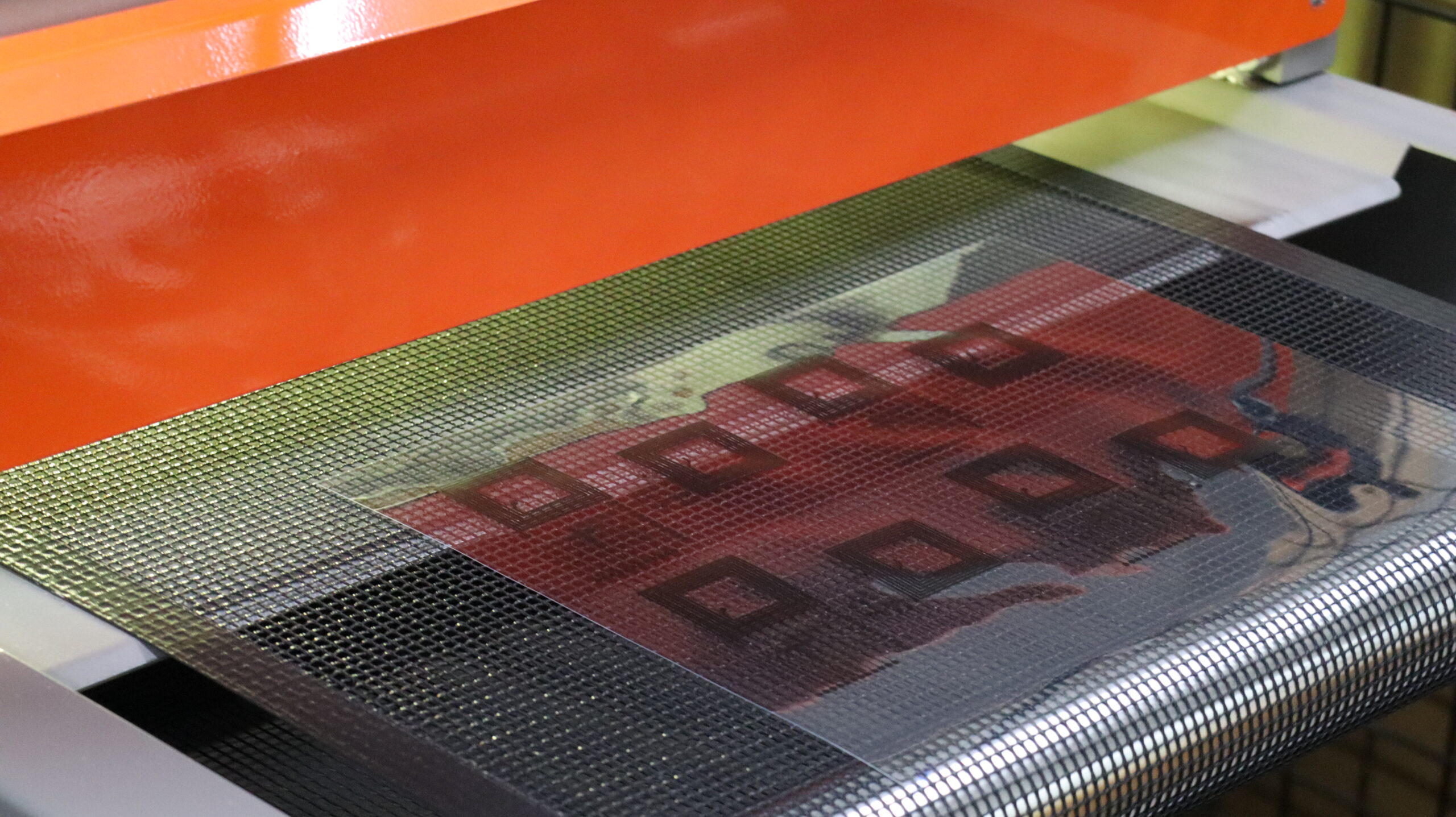BIO-SUSHY: Sustainable surface protection by glass-like hybrid coatings and biomaterials coatings
The BIO-SUSHY project aims to develop sustainable and safe coatings for the textile industry and the food and cosmetics packaging sectors.
Context
A large part of the organic coatings market contains harmful and persistent contaminants known as perfluoroalkyl and polyfluoroalkyl substances (PFAS). PFASs may claim excellent water and oil repellent properties, but they are linked to health problems such as cancer and reduced fertility, as well as causing toxic problems in the environment. Some examples of human exposure to PFASs are the consumption of food contaminated with PFASs or the use of consumer products containing PFASs (non-stick coatings, waxes, paints, etc.).
The BIO-SUSHY project aims to address the challenges associated with the widespread use of perfluoroalkylated and polyfluoroalkylated substances by developing innovative PFA-free coatings with hydrophobic and oleophobic properties that constitute more sustainable and safer alternative solutions.
Summary and objectives
BIO-SUSHY aims to develop sustainable and safe alternatives to perfluoroalkylated and polyfluoroalkylated substances (PFAS) coatings in order to minimise their presence in consumer products and ecosystems, thus reducing their negative effects on human health and the environment. To this end, 3 PFAS-free coating materials, partially or totally bio-based, will be developed and validated in 3 use cases (textile, food trays and cosmetic glass packaging).
The project proposes an operational framework for the development of repellent, organic and hybrid coatings with hydrophobic and oleophobic properties, which will be developed and applied based on Safe and Sustainable-by-Design (SSbD) approaches. These coatings will be obtained from bio-based thermoplastic powder and hybrid coatings based on the sol-gel method.
Consortium
The BIO-SUSHY project brings together 15 partners from 7 EU countries and 1 EU associated country: 6 RTD, 6 SMEs, 1 university, 1 public entity and 1 national association.
- MATERIA NOVA (MANO) (Belgium).
- ACUMENIST (AIST) (Belgium).
- ZENTRUM FUR SOZIALE INNOVATION GMBH (ZSI) (Austria)
- RESCOLL (RESCOLL) (France).
- PROTOQSAR 2000 SL (PROTOQSAR) (Spain).
- INSTITUTO TECNOLÓGICO DEL EMBALAJE, TRANSPORTE Y LOGÍSTICA (ITENE) (Spain).
- AXIA INNOVATION UG (AXIA) (Germany).
- ASOCIACIÓN ESPAÑOLA DE NORMALIZACIÓN (UNE) (Spain).
- SIKEMIA (SIKEMIA) (France).
- KOMPETENZZENTRUM HOLZ GMBH (Wood K plus) (Austria).
- SEVEN PAST NINE D.O.O. (7P9-SI) (Slovenia).
- SEVEN PAST NINE GMBH (7P9-DE) (Germany).
- INSTITUT FRANÇAIS DU TEXTIEL ET DE L’HABILLEMENT (IFTH) (France).
- ECOZEMA SRL SOCIETA BENEFIT (Ecozema) (Italy).
- CONSIGLIO NAZIONALES DELLE RICERCHE (CNR) (Italy).
- UNIVERSITY OF LEEDS (UNILEEDS) (United Kingdom).
ITENE’s role
ITENE will contribute to BIO-SUSHY in developing the SSBD strategies of the coatings.
For this, it will lead the definition of a Safe- and Sustainability-by-Design (SSbD) framework applied to advanced coating materials, which will provide guidance on SSbD approaches and techniques throughout their value-chain, including circularity and functionality aspects, to reduce or mitigate potential adverse effects to humans or environment from early stages. The feasibility of the strategies will be demonstrated in close cooperation with the members of the consortium and optimized through case studies.
